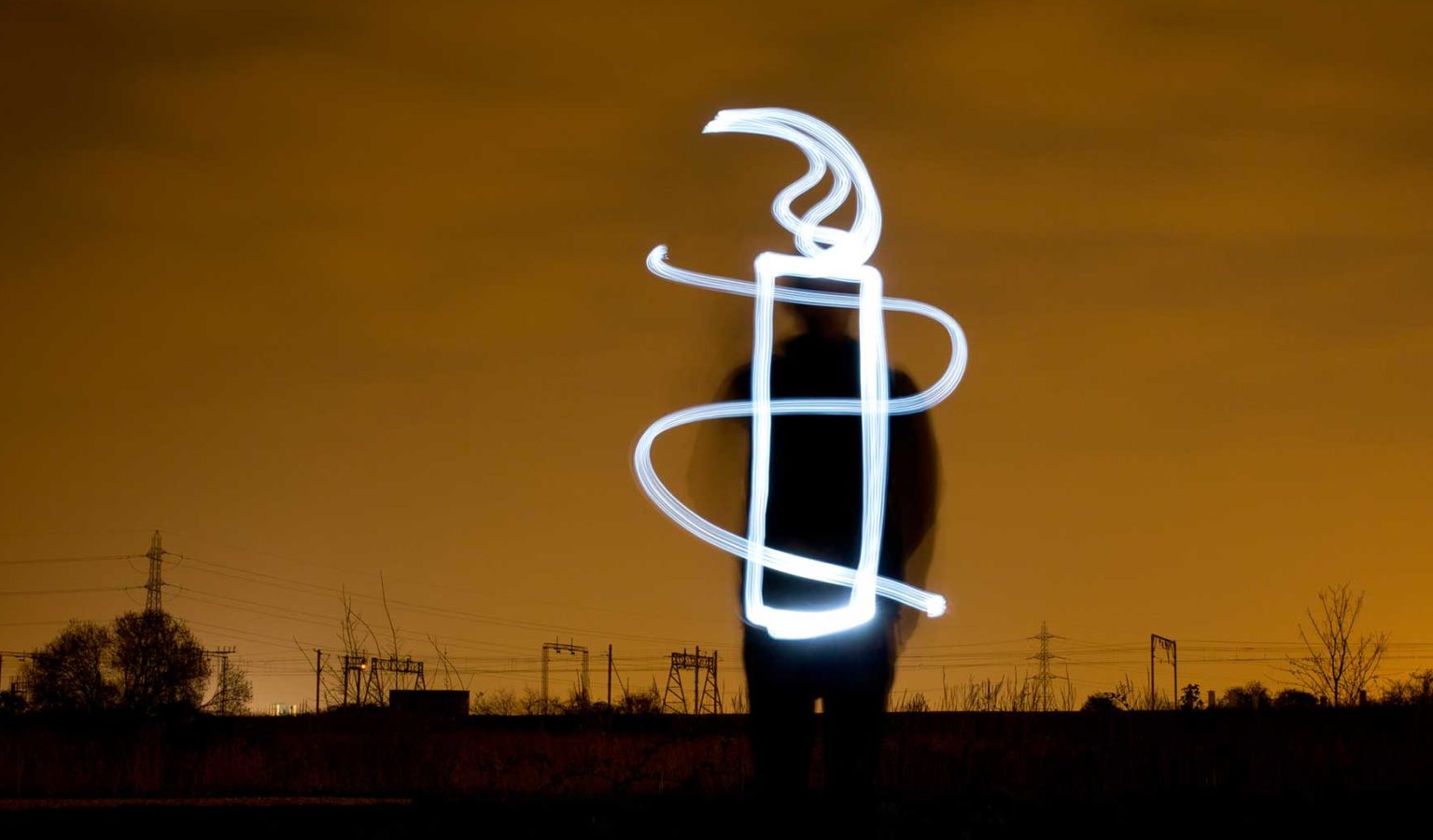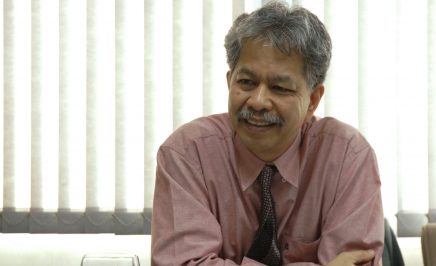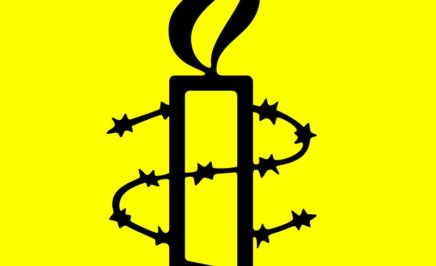The acquittal of two journalists in Thailand – on trial for reproducing parts of an article on human trafficking – is a welcome move for freedom of expression, but the two should never have had to stand trial in the first place.
The online news outlet Phuketwan’s editor Alan Morison and reporter Chutima Sidasathian were today found not guilty of for criminal defamation and for violating a provision of the Computer Crime Act.
The measure penalizes importing forged or false digital information in a manner likely to cause harm to a third party or the public.
The charges – brought following a complaint by the Thai Royal Navy – stem from one paragraph copied from a Pulitzer Prize-winning article by Reuters that examined Thailand’s role in the trafficking of Rohingya migrants, published in 2013.
“The acquittal of these two journalists is a positive decision, but the fact is that they should never have had to stand trial in the first place let alone face the possibility of years in jail,” said Josef Benedict, Amnesty International’s South East Asia Campaigns Director.
“The acquittal of these two journalists is a positive decision, but the fact is that they should never have had to stand trial in the first place let alone face the possibility of years in jail.”
Josef Benedict, Amnesty International
“The Thai authorities have again shown their disregard for freedom of expression by pursuing this case.
“Vaguely worded provisions of the Computer Crime Act are being misused as a tool to silence and harass independent media.
“This law contains provisions which violate human rights and should be repealed or amended immediately to comply with Thailand’s obligations under international law.
“This is just the latest in a long line of attacks on freedom of expression and media outlets since the military seized power in 2014.
“Thailand’s authorities must stop paying lip service to human rights – unlawful restrictions on freedom of expression must be lifted immediately, including criminal charges and sentences against the growing numbers of prisoners of conscience.”









